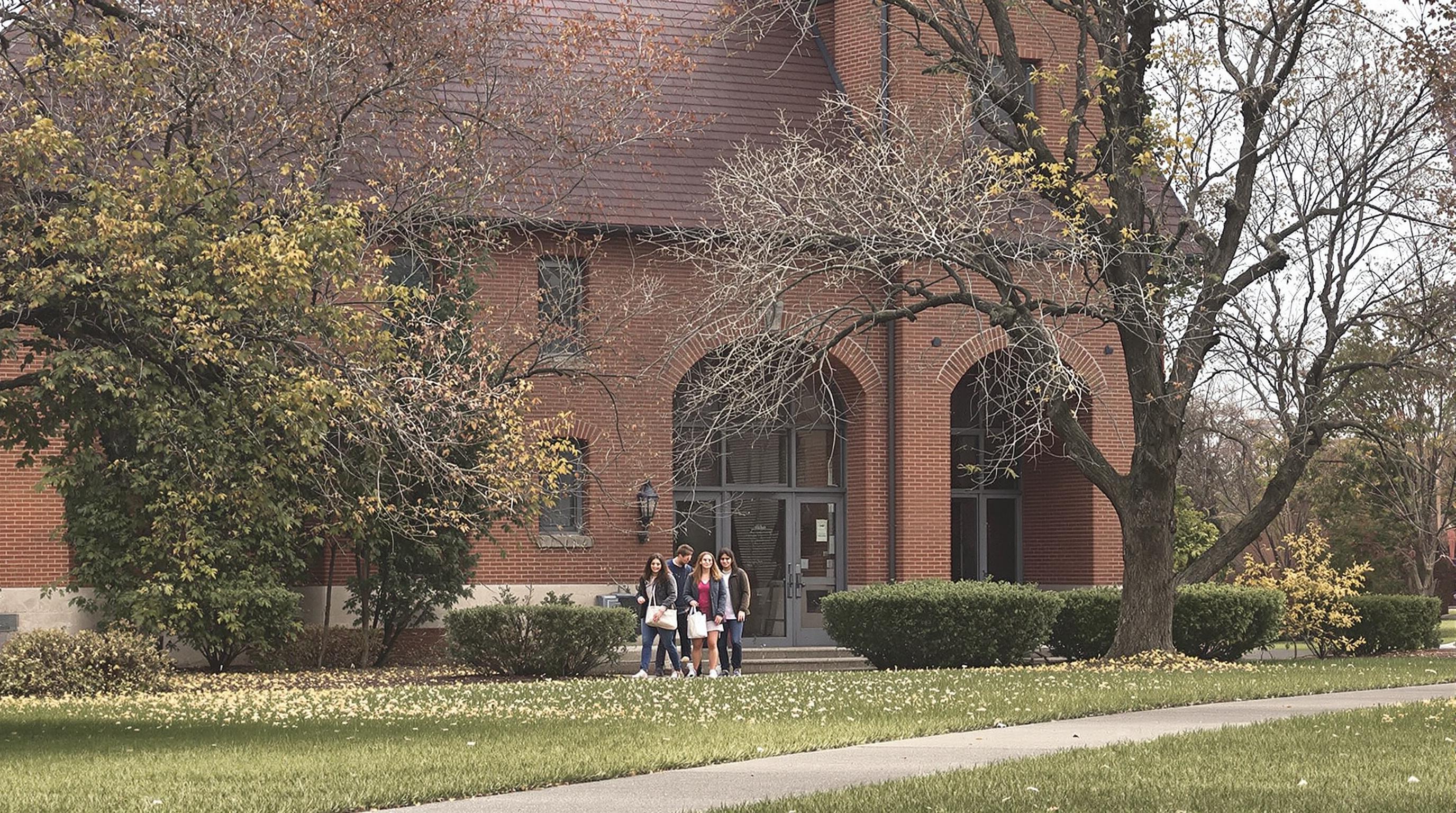Related Articles
- 7 Game-Changing Student Budget Apps Released Since 2019 That Slash College Living Expenses
- The Silent Toll of Campus Health Services: Unpacking the Overlooked Expenses Students Face Beyond Tuition
- Examining Virtual Tour Accessibility Challenges for Neurodiverse and Disabled Students in Higher Education
- The Role of Virtual Campus Visits in Shaping Student Identity and Community Belonging from Afar
- How Procrastination Patterns Shape College Application Outcomes: Analyzing the Role of Timing in Student Decisions
- How Seasonal Patterns Influence Decision-Making Mindsets During Critical College Application Phases
6 Rarely Considered Scholarship Types That Could Slash Your College Costs Significantly
6 Rarely Considered Scholarship Types That Could Slash Your College Costs Significantly
6 Rarely Considered Scholarship Types That Could Slash Your College Costs Significantly
College tuition continues to rise, making scholarships an essential part of funding higher education. While most students focus on merit-based or need-based scholarships, there are many lesser-known scholarship types that can significantly reduce college costs. Exploring these uncommon categories can uncover unique opportunities that many applicants overlook.
In this article, we’ll explore six rarely considered types of scholarships that could help slash your educational expenses. By thinking outside the traditional categories, you might find awards that suit your background, interests, or circumstances more closely than the common options.
Understanding and applying to these uncommon scholarships may require a bit more creativity and research, but the financial benefits—and increased chances of winning—make it worthwhile.
1. Employer-Sponsored Scholarships
Some companies offer scholarships for their employees and even their employees’ children. These are often underutilized because many students do not realize their or their parents’ employer provides such programs. These scholarships can help students attending any accredited institution or sometimes focus on specific fields of study.
Employer-sponsored scholarships vary widely in eligibility and award size. For example, large corporations like Boeing and GE often have scholarship programs for employees' dependents. Even smaller companies may have local foundations or community support initiatives offering scholarships.
It’s crucial to check your or your parents’ HR department or company website to inquire about these benefits. Applying early and providing detailed documentation can increase your chances of success. According to the National Scholarship Providers Association, employer scholarships are a valuable, often overlooked resource for college funding.
2. Community Service-Based Scholarships
Many organizations offer scholarships specifically for students demonstrating exceptional community service. If you have volunteer experience or actively participate in local initiatives, these awards could be within your reach. They focus on rewarding social responsibility and civic engagement rather than academic grades alone.
Examples include scholarships provided by Rotary Clubs, Lions Clubs, and churches, among others. These scholarships often require writing essays or providing proof of your involvement in community projects. They can be highly competitive within a local area but less so nationally.
By highlighting your impact and dedication to community work, you can stand out as a candidate with leadership and commitment. Research shows these scholarships encourage students to continue contributing positively to society during college and beyond (Source: VolunteerMatch).
3. Scholarships for Non-Traditional Students
Many scholarships target non-traditional students—those returning to education after time in the workforce, military service, or family obligations. These scholarships acknowledge the unique challenges faced by adult learners and provide financial support accordingly.
Institutions and private organizations recognize that education paths vary and offer awards that emphasize life experience and motivation. For example, the Osher Reentry Scholarship supports students returning after a break. Military veterans may access scholarships through the GI Bill and other dedicated funds.
Searching for scholarships that target your specific status as a non-traditional student can dramatically reduce your financial burden. Websites like Fastweb and the College Board recommend filtering scholarship searches for “returning students” to uncover these options.
4. Scholarships for Students with Unique Hobbies or Interests
Some organizations provide scholarships based on unusual hobbies or niche interests, from bowling to skateboarding to knitting. If you engage deeply in any particular activity or passion, researching related scholarships could reveal unclaimed funding sources.
For example, the National Italian American Foundation offers scholarships for students with Italian heritage who also participate in Italian cultural activities. Other scholarships cater to niche fields like horseriding or gaming. These opportunities often have smaller applicant pools, increasing your chances.
It’s beneficial to explore associations, clubs, or online groups related to your hobby and inquire about scholarship opportunities. This approach taps into a highly targeted funding source with less competition compared to broad academic scholarships.
5. Scholarships Based on Personal Challenges or Background
Many scholarships support students overcoming personal challenges or from underrepresented backgrounds. This could include scholarships for first-generation college students, foster youth, or students with disabilities. These awards recognize resilience and provide a financial boost to pursue higher education.
For instance, the Gates Millennium Scholars Program (in partnership with the Bill & Melinda Gates Foundation) targets minority students with leadership potential. Similarly, scholarships exist for LGBTQ+ students, those with chronic illnesses, or others facing specific obstacles.
Gathering documentation and personal statements that reflect your experiences is critical. Organizations focused on diversity and inclusion councils often provide comprehensive lists of these scholarship options (Source: American Association of University Women).
6. Scholarships for Study Abroad or International Students
If you plan to study abroad or are an international student looking for funding to study in the U.S., specialized scholarships exist that many candidates overlook. They are designed to foster global education experiences and cultural exchange programs.
Units like the Fulbright Program offer generous awards for graduate and undergraduate study abroad. Likewise, individual universities often provide their own scholarships for international applicants or those participating in exchange programs. These scholarships take into account your academic merit and potential global impact.
Early planning and applications are essential due to competitive selection processes. Study abroad advisors and international student offices are valuable resources for scholarship leads and application guidance (Source: Institute of International Education).




